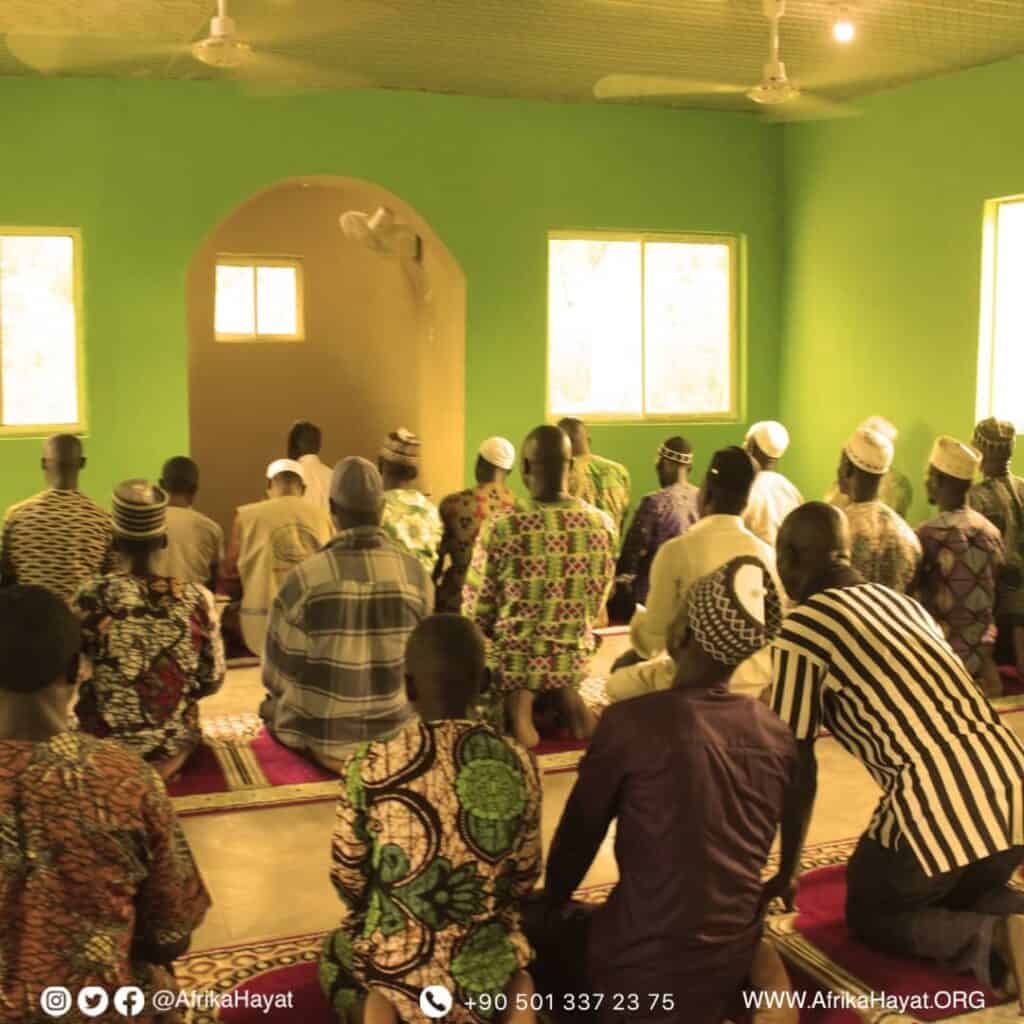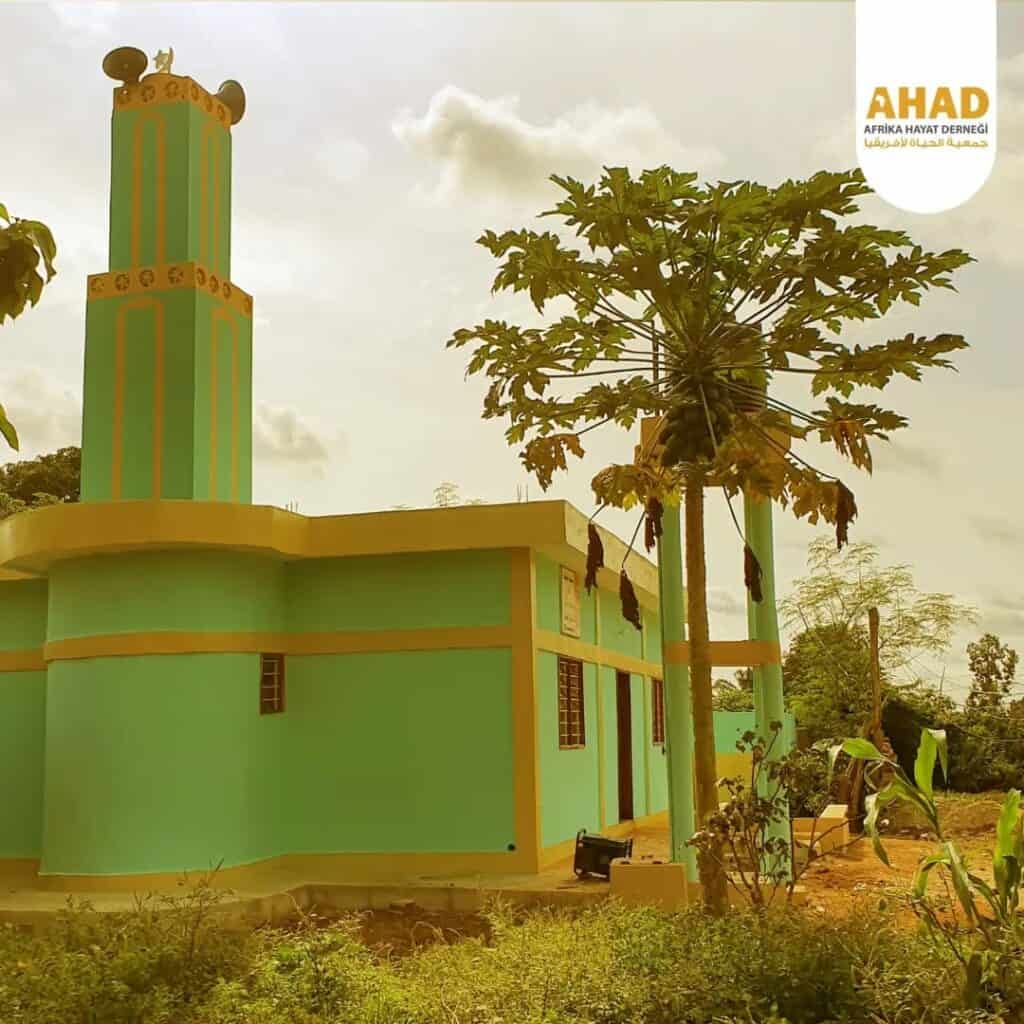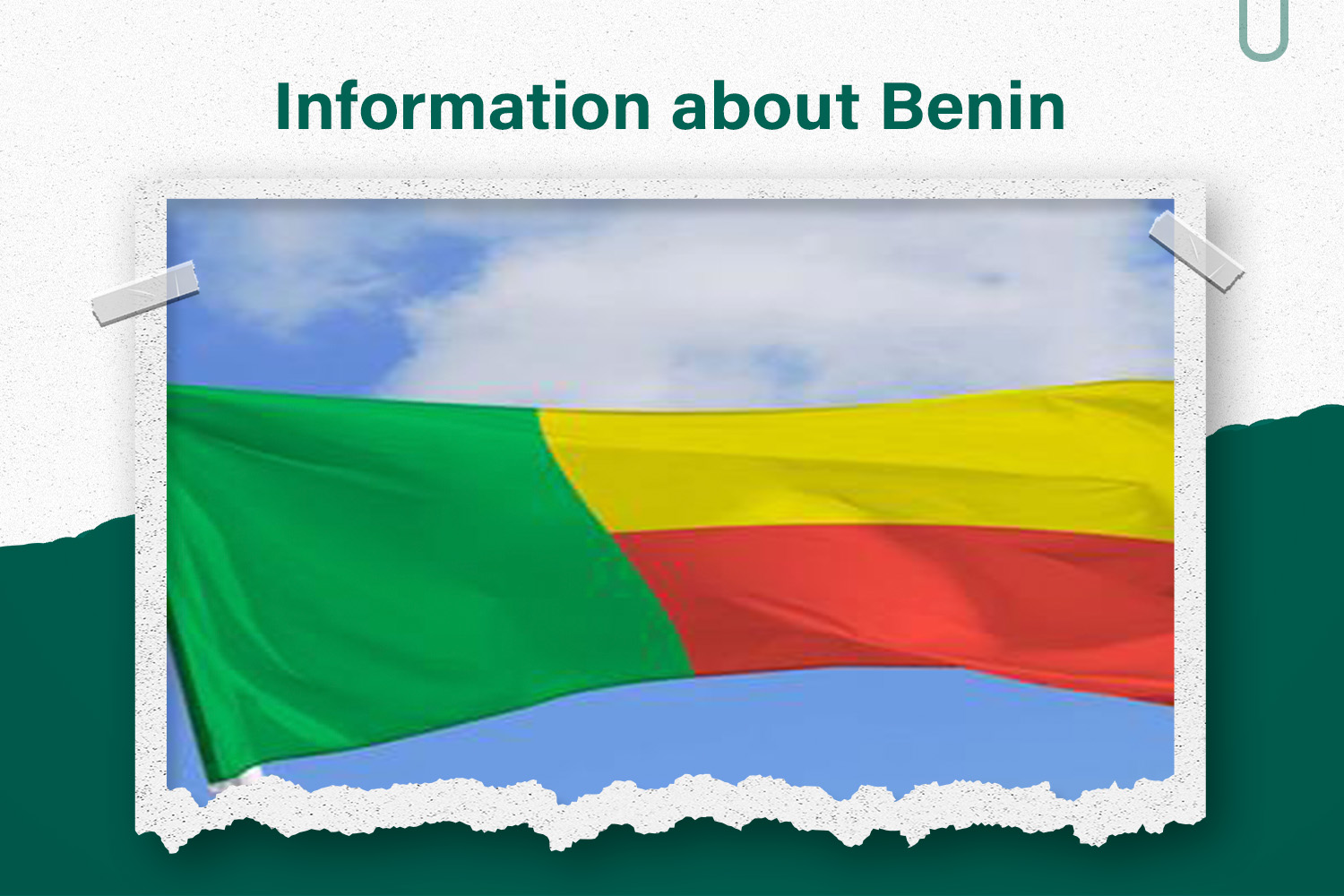In all cultures and Times, knowledge of the past and history is essential for understanding the present and building the future. One of the beautiful African countries with Amazing Stories is Benin. Benin, located in West Africa, has a rich cultural diversity and an amazing history dating back to the ancient kingdom of Dahomey. In this country, you will discover amazing architectural masterpieces and a pleasant cultural experience, along with charming beaches and rich wildlife. Come with us on a fun tour to explore more information about Benin
Geography
Information about Benin (location, geography)
Benin is a small country located in West Africa on the west coast of the continent. It is bordered to the north by Togo, to the East by Nigeria, to the southwest by Burkina Faso, and to the North and West by the Atlantic Ocean. Benin has a strategic location that gives it access to the markets of Western and Central Africa.
Benin has a humid tropical climate and experiences four main seasons: a long and wet rainy season, dry and hot, and two transition phases between the main seasons. The temperature is high most of the time with high humidity. The waters of the Atlantic coast are an important source of influence on the climate, marine fishing activities and the local economy.
Natural environment and biodiversity
Benin has a wonderful natural diversity that includes a variety of ecosystems. Such systems include rainforests, grassy savannas, swamps, coral Plains. The wildlife is also diverse in Benin, where many rare and endangered animals such as African elephants, tigers and crocodiles can be seen.
Benin plays an important role in the conservation of Biological Diversity, as it embraces several nature reserves and protected areas that provide a safe environment for wildlife and promote the sustainable sustainable use of Natural Resources.
Benin, thanks to its unique geography and biodiversity, is considered a beautiful natural oasis and an interesting destination for tourist attractions.
Information about Benin (history)
Ancient history of Benin
The ancient history of Benin may date back to the thirteenth century AD where the kingdom of Benin was founded. This kingdom was strong and prosperous, established trade relations with other Arab and European countries. Ancient Benin was distinguished by its advanced technologies in metallurgy, agriculture and the arts, especially in the manufacture of bronze. The kingdom’s rule lasted for several centuries until it came under Portuguese domination in the sixteenth century.
Colonization and independence
Benin suffered from European colonization during the eighteenth and nineteenth centuries and for most of the twentieth century. It was under multiple European control, including Portugal, France and Denmark. Benin regained its independence in 1960 and became an independent republic. Since then, Benin has experienced economic and social development, making progress in various fields including education, health and infrastructure.
Benin’s historical information summarizes the importance of its rich heritage and culture, reflects the desire to achieve independence and sustainable development of the country.
Government and politics
The system of government in Benin
The Republic of Benin is one of the countries that follows a democratic system of government in accordance with the constitution adopted in 1990. The political system of Benin includes the head of state, the prime minister, the parliament and the judiciary. The head of state is elected for a five-year presidential term by general elections. The members of the parliament consisting of the House of Representatives and the Senate are also directly elected by the people.

Information about Benin
Current policy and challenges
At present, Benin is working to strengthen democracy and achieve political stability. The government is facing economic, social and environmental challenges, including inflation, unemployment and poverty issues. The government is strengthening various sectors of the economy and implementing programs to improve the standard of living of citizens. In addition, Benin is working to promote sustainable development and Environmental Protection.
The current policy in Benin reflects the desire to achieve economic, social and political progress, and the government continues to strive to achieve this through its future strategies and programs.
Culture and heritage
Language and religion in Benin
The Republic of Benin is a country with a wonderful cultural diversity and a rich heritage. French is the official language of the country and is taught in schools. However, many other African languages are spoken by the people, including gon, Fon, Edo, Yoruba, Bariba, Dahomey and Oria. In addition, the majority of the indigenous African population practices traditional religions, but Islam and Christianity also exist and have a wide following.

Traditional art and music
Benin has a rich and diverse artistic and musical heritage. Dancing and singing are an essential part of the country’s cultural heritage. Sakudo (Sakpata) and zalanzo (Zangbeto) are the most prominent traditional dances. Traditional music is characterized by the presence of many local musical instruments such as the drum, bow, Conga and chuikan.
Benin is a country of great cultural and heritage diversity, combining diverse languages and distinctive artistic traditions. This cultural diversity reflects the historical and heritage depth of the country and gives a unique touch to the everyday life of the people of Benin.
Economy
The main sectors of the economy of Benin
The Republic of Benin is one of the countries with diverse economic power. Agriculture is a major sector of the Beninese economy, as the country is known for the production of palm oil, cotton, cocoa, cashew and other agricultural crops. The mining sector also plays an important role in the economy, since miners, phosphates, gold and diamonds are mined from some areas.
In addition, the transport and logistics sector plays a vital role in the development of the Beninese economy. The country has important seaports such as the port of Cotonou, which is a gateway for international trade and is of great importance for the transport of goods and freight between Benin and neighboring countries.
Economic challenges and development
Benin is facing some challenges in the economic and development sector. These challenges include water issues, conflict over natural resources, poverty and unemployment. However, the Beninese government, in cooperation with international organizations and development partners, is working to promote investment in vital sectors, improve infrastructure, promote innovation and create jobs through capacity development and youth education.
Benin is looking forward to completing its economic transformation and achieving sustainable development by promoting investments, providing a favorable business environment and promoting financial inclusion. The weight of the agricultural economy and regional and international cooperation are also the most important strategies of Benin to achieve economic progress and development.
Society and everyday life
People’s life in Benin
The Republic of Benin has a society that is diverse in its culture and traditions. Marriage and family formation are fundamental values in Beninese society. People bring family and friends together to celebrate the marriage and hold cheerful celebrations, which include music, dancing and traditional food tasting.
Beninese society also follows diverse religious traditions, with Islam and Christianity being the two main religions. People perform various religious practices and participate in joint prayers. In addition, the Beninese celebrate a variety of festivals and celebrations, reflecting their heritage and cultural history.
The contribution of the AHAD Association in Benin
The AHAD is an important community body in Benin. The association aims to support sustainable development and improve people’s lives in various fields. AHAD implements projects for education, health, infrastructure and Community Empowerment.
AHAD works to create job opportunities and improve skills among young people, also promotes entrepreneurial projects and encourages community participation and volunteering. This association is considered an important contribution to the promotion of social and economic development in Benin and the improvement of the quality of life of women, youth, the poor and other disadvantaged groups.
Related articles:




